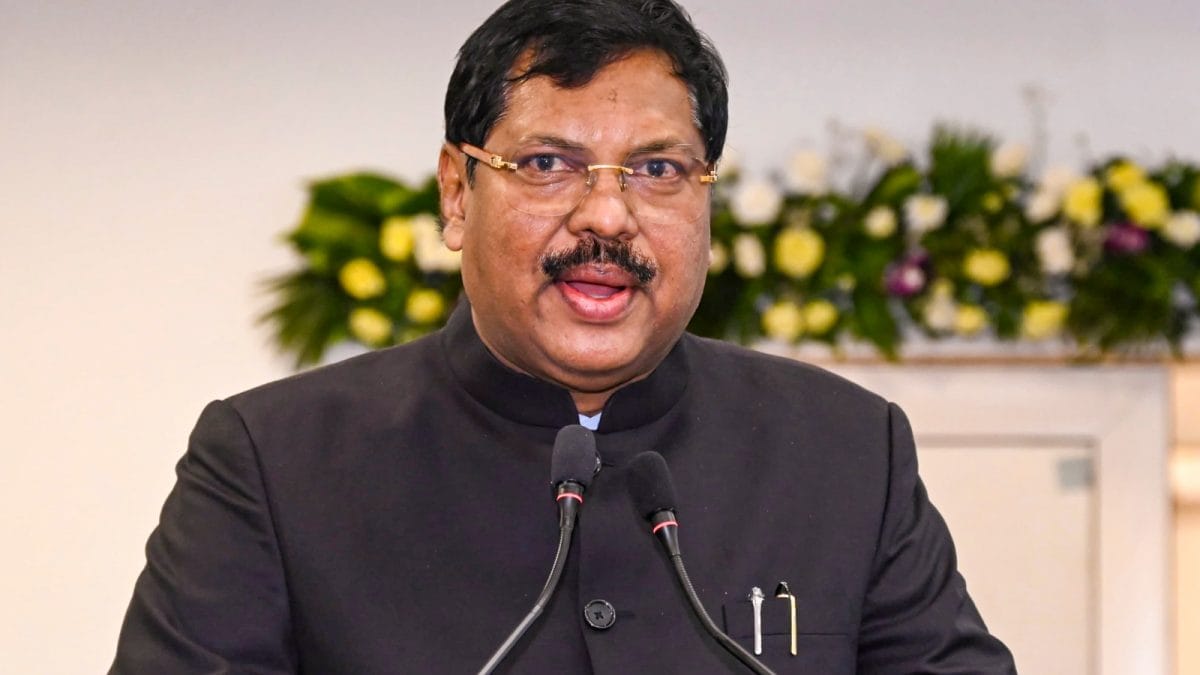Last Updated:
India’s republic is built on rule of law, not bulldozer justice, Chief Justice Gavai said in Mauritius, citing Supreme Court rulings.

Chief Justice of India BR Gavai (Image: PTI file photo)
Chief Justice of India (CJI) BR Gavai said that the foundation of the Indian republic rests firmly on the rule of law and not on the “rule of the bulldozer.” Delivering the inaugural Sir Maurice Rault Memorial Lecture 2025 on ‘Rule of Law in the Largest Democracy’ in Mauritius, Justice BR Gavai stressed that India’s legal system cannot permit the executive to assume the roles of “judge, jury and executioner.”
“The judgment sent a clear message that the Indian legal system is governed by the rule of law, not by the rule of the bulldozer,” Justice BR Gavai said, recalling the Supreme Court’s own ruling that decried “bulldozer justice”- a practice that has come to symbolise the demolition of homes of accused persons without due process.
Recommended Stories
The Supreme Court, he reminded, had earlier held that such demolitions bypass legal processes, infringe on the fundamental right to shelter under Article 21 and violate the principle of rule of law.
“It was further held that the executive cannot assume the roles of judge, jury, and executioner simultaneously,” he noted, quoting from the verdict.
Justice BR Gavai said that the rule of law in India has evolved far beyond legal texts, becoming a vital part of the nation’s social, political, and constitutional discourse.
“Over the past 75 years since the adoption of the Indian Constitution, the concept of the Rule of Law has evolved far beyond legal texts, permeating social, political, and constitutional discourse alike,” he said.
Citing Mahatma Gandhi and BR Ambedkar, the CJI added, “The Rule of Law is not a mere set of rules. It is an ethical and moral framework designed to uphold equality, protect human dignity and guide governance in a diverse and complex society.”
Justice BR Gavai referred to historic Supreme Court judgments, including the 1973 Kesavananda Bharati verdict that laid down the “basic structure doctrine,” limiting Parliament’s power to amend the Constitution. He also cited more recent rulings: the abolition of instant triple talaq, the decriminalisation of adultery, the striking down of the electoral bond scheme and the recognition of the right to privacy as a fundamental right.
“Taken together, these four judgments demonstrate how the Supreme Court has developed the rule of law as a substantive principle, using it to strike down laws that are manifestly arbitrary or unjust,” he said.
On governance, Justice BR Gavai said the principle of rule of law acts as a benchmark of accountability and good administration.
“In the political arena, the rule of law serves as a benchmark of good governance and societal progress, standing in stark contrast to misgovernance and lawlessness, where institutions and public officials might otherwise evade accountability,” he said.
“The rule of law is thus not a rigid doctrine but a conversation across generations, between judges and citizens, parliaments and peoples, nations and their histories. It is about how we govern ourselves in dignity, and how we resolve the inevitable conflicts of liberty and authority in a democratic society,” the CJI said.
Delhi, India, India
October 04, 2025, 17:58 IST
Loading comments…
Read More



